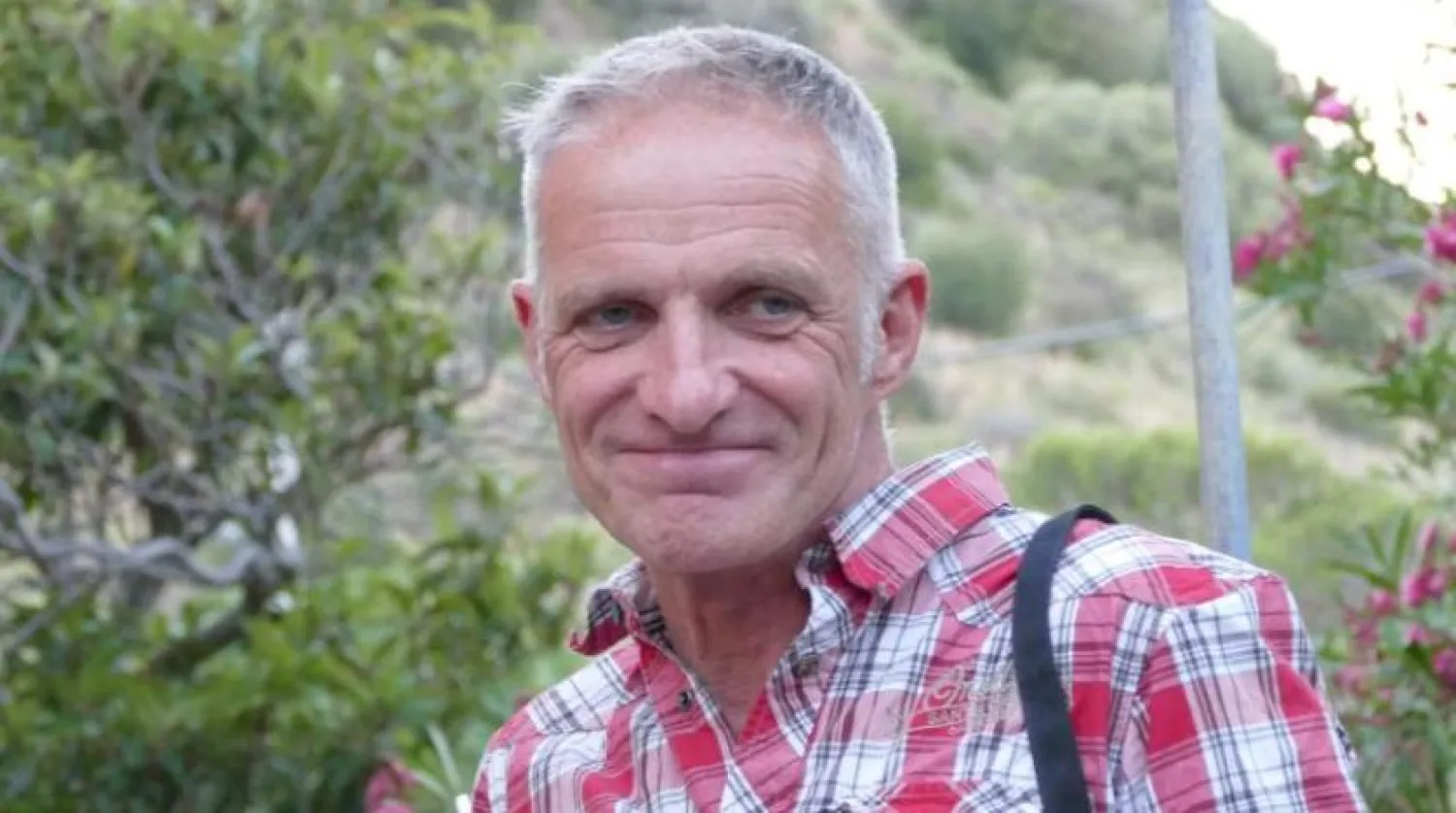The health of Bernard Phelan, a French-Irish prisoner in Iran who last month suspended a dry hunger strike, is deteriorating, his sister told AFP on Tuesday.
Phelan, a Paris-based travel consultant, was arrested in October while travelling and is being held in Mashhad in northeastern Iran.
His eyesight has started to fail, Caroline Masse-Phelan said in a written statement.
Her brother has entered his fifth month of detention in Iran where he is accused of anti-government propaganda, a charge he denies.
The 64-year-old Franco-Irish citizen in January gave up a hunger strike, that included refusing water, at the request of his family.
"His health is getting worse," Masse-Phelan said in a statement to AFP Tuesday.
"He can't see clearly anymore," after cornea surgery last year, she said.
She said he fell on Thursday when his left knee buckled as he got up from bed. "He is suffering," she said, saying he was not given walking sticks or crutches.
It was regrettable that her brother's name was not on the list of tens of thousands of people supreme leader Ali Khamenei has promised to release in pardons, she added.
She said his cell in the Vakilabad prison in Mashhad was only a short distance from the cells of "people who are scheduled for execution after morning prayer".
Efforts by the French and Irish authorities to get Phelan released have been in vain.
Frenchman Benjamin Briere, also held in the same prison, has gone on hunger strike for the second time since his incarceration in May 2020, his sister and his lawyer said Monday.
Briere, who was sentenced to eight years in jail for espionage, had already gone on hunger strike once before, at the end of December 2021.
Seven French citizens and more than a dozen other foreign nationals are held by Iran which campaigners say is taking hostages to extract concessions from the West.









